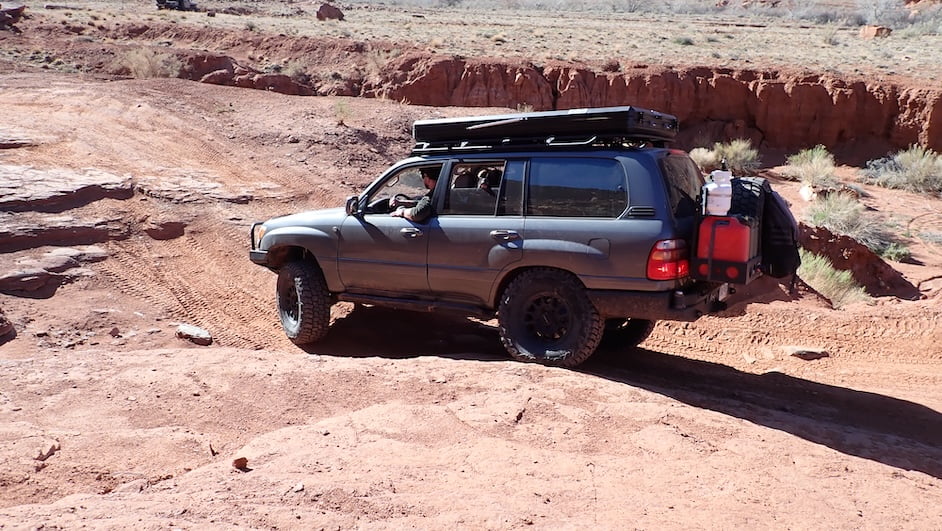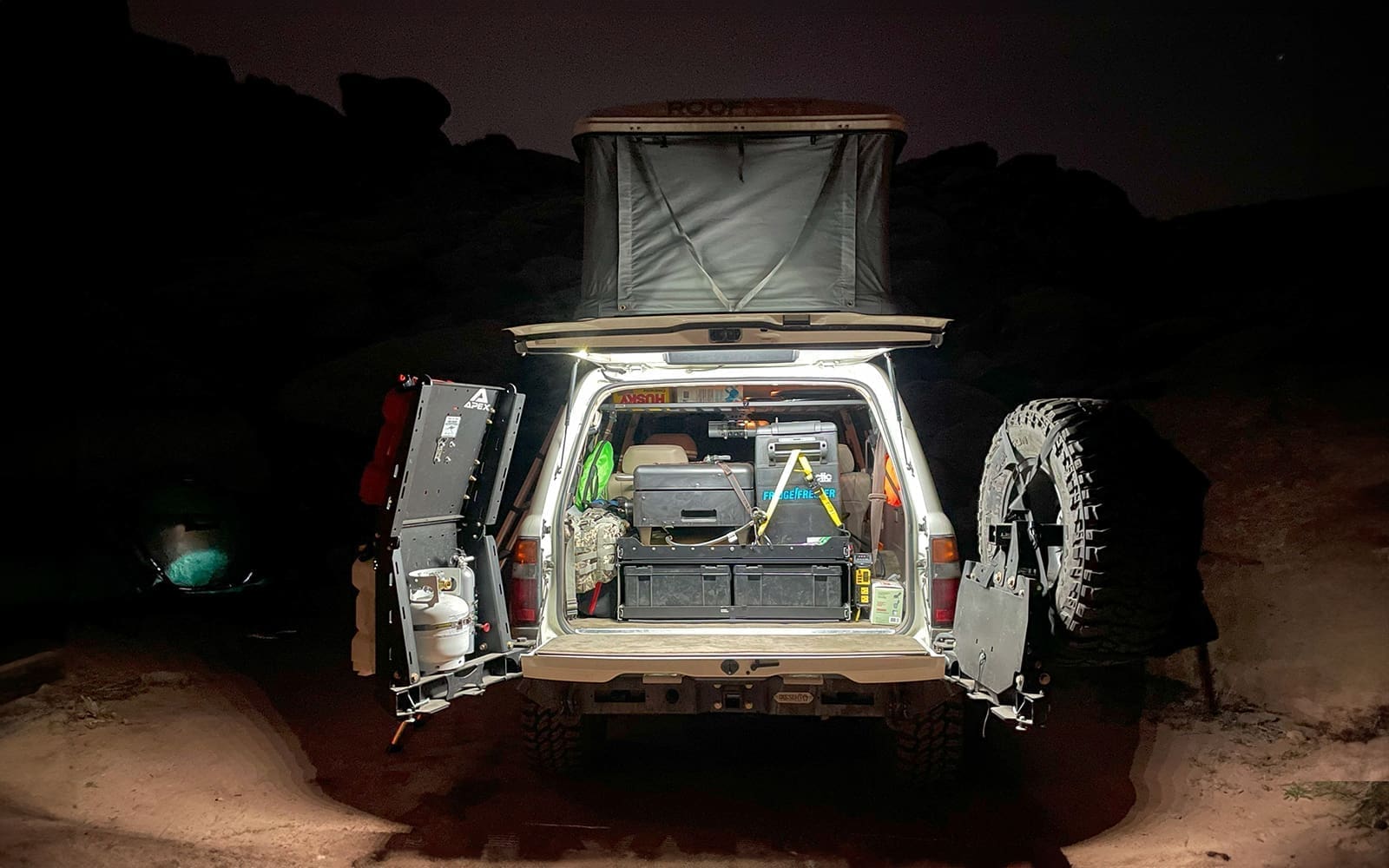Introduction:
Embarking on an overlanding adventure with your 4x4 rig is an exhilarating experience, offering the freedom to explore remote destinations and immerse yourself in the great outdoors. However, proper preparation and overland setup are essential to ensure a smooth and enjoyable journey. In this guide, we'll explore the key considerations for setting up your 4x4 overlanding rig, from vehicle modifications to essential gear and equipment.

Vehicle Selection:
Choosing the right 4x4 vehicle is the first step in setting up your overlanding rig. Consider factors such as:
- Off-Road Capability: Opt for a vehicle with robust off-road capabilities, including high ground clearance, four-wheel drive (4WD), and durable suspension components. There are some platforms better suited than others, such as: Jeep JT Gladiator, Jeep JLU, Toyota 4runner, Toyota Tacoma, Toyota Landcuiser, or Lexus GX. You could consider a Subaru Outback with the right modifications, but not our first choice. Really depends on the terrain you want to cover and the equipment load.
- Reliability: Select a vehicle known for its reliability and durability, as overlanding often involves traversing rugged terrain and remote locations.
- Cargo Space: Ensure your vehicle has ample cargo space to accommodate essential gear, supplies, and camping equipment for extended journeys.
Vehicle Modifications:
Customizing your 4x4 rig with appropriate modifications can enhance its performance and versatility for overlanding. Consider the following upgrades:
- Suspension Lift: Install a suspension lift kit to increase ground clearance and accommodate larger tires, improving off-road capability and maneuverability. When evaluating suspension upgrades, you also need to consider the additional payload requirements.
- Skid Plates and Armor: Protect vital components such as the engine, transmission, and fuel tank with skid plates and armor to withstand impacts from rocks, debris, and rough terrain.
- Recovery Gear: Equip your vehicle with essential recovery gear, including a winch, recovery straps, shackles, and a high-lift jack, to extricate your vehicle from challenging situations.
- Auxiliary Lighting: Install auxiliary lighting such as LED light bars, spotlights, and floodlights to improve visibility during night driving and off-road adventures.
Essential Overlanding Gear and Equipment:
Stocking your overlanding rig with the right gear and equipment is crucial for self-sufficiency and preparedness on the trail. Consider including the following essentials:
- Camping Gear: Pack a high-quality tent, sleeping bags, sleeping pads, and camping stove for comfortable overnight stays in remote locations. Or get a rooftop tent! Rooftop tents are super easy to set up and break down so you can enjoy more time on the trail, spending time with friends or family, or...just being. They also save valuable cargo space.
- Cooking and Food Supplies: Bring along a portable cooking stove, cookware, utensils, and a supply of non-perishable food items for preparing meals on the go.
- Water Storage and Filtration: Carry sufficient water for drinking, cooking, and cleaning, along with a water filtration system or purification tablets for sourcing water from natural sources.
- Navigation Tools: Ensure you have reliable navigation tools such as GPS devices, maps, and a compass to navigate unfamiliar terrain and remote trails.
- Emergency Supplies: Pack a comprehensive first aid kit, emergency signaling devices, fire extinguisher, tool kit, spare parts, and extra fuel and fluids for roadside repairs and emergencies.

Weight Distribution and Payload Management for Your Overland Setup:
Proper weight distribution and payload management are essential for maintaining vehicle stability and performance. Distribute weight evenly within your vehicle and adhere to recommended payload limits to prevent overloading. You can modify payload limits with suspension upgrades. Talk to a professional before you start modifying your vehicle.
Training and Preparedness:
Before embarking on your overlanding adventure, invest time in acquiring off-road driving skills, vehicle recovery techniques, and wilderness survival knowledge. Attend off-road driving courses, familiarize yourself with your vehicle's capabilities and limitations, and practice basic maintenance tasks. This will help ensure you're well-prepared for any challenges you may encounter on the trail.
Overland Setup Conclusion:
Setting up your 4x4 overlanding rig requires careful planning, preparation, and attention to detail. By selecting the right vehicle, customizing it with appropriate modifications, stocking essential gear and equipment, and acquiring necessary skills and training, you can embark on unforgettable overland adventures with confidence and peace of mind. So, gear up, hit the trail, and embrace the freedom of overlanding in your meticulously prepared rig.

